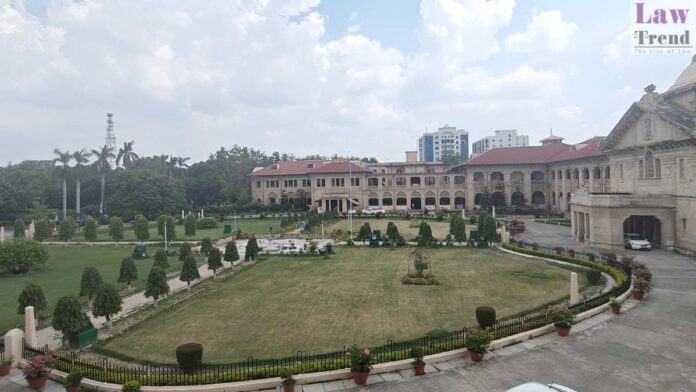The Allahabad High Court recently delivered a significant judgment in the case of M/S Hi Tech Pipe Limited v. State of Uttar Pradesh and Others (Writ – C No. 11037 of 2024), addressing the debarment of a private firm from participating in projects under the Jal Jeevan Mission. The case was heard by a Division
To Read More Please Subscribe to VIP Membership for Unlimited Access to All the Articles, Download Available Copies of Judgments/Order, Acess to Central/State Bare Acts, Advertisement Free Content, Access to More than 4000 Legal Drafts( Readymade Editable Formats of Suits, Petitions, Writs, Legal Notices, Divorce Petitions, 138 Notices, Bail Applications etc.) in Hindi and English.




